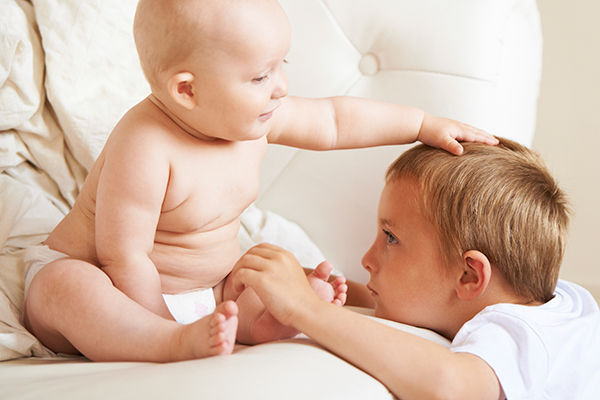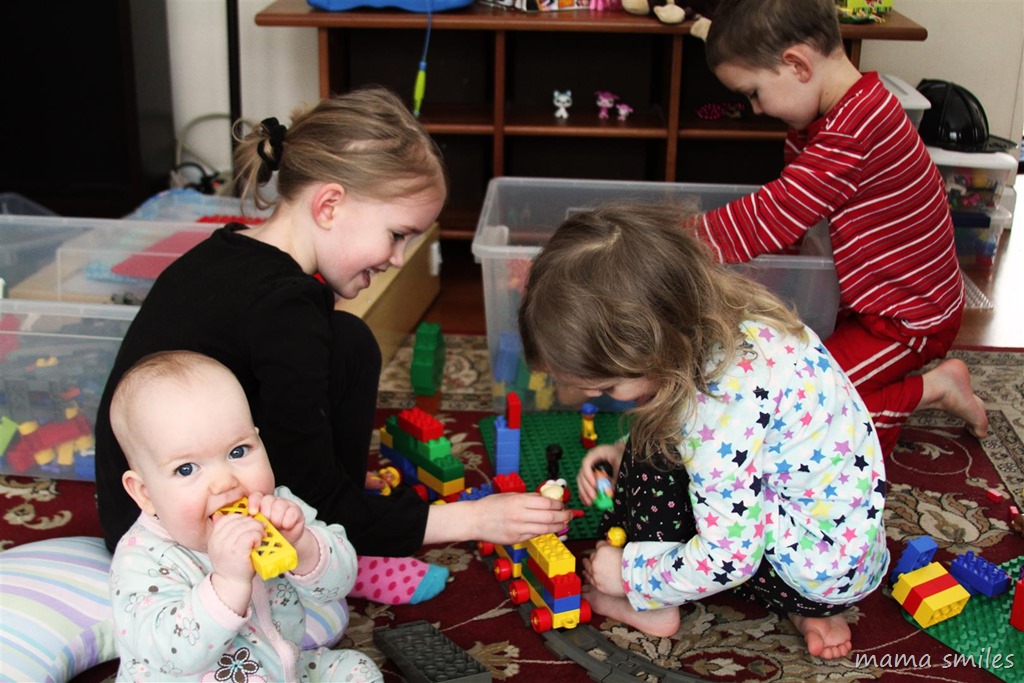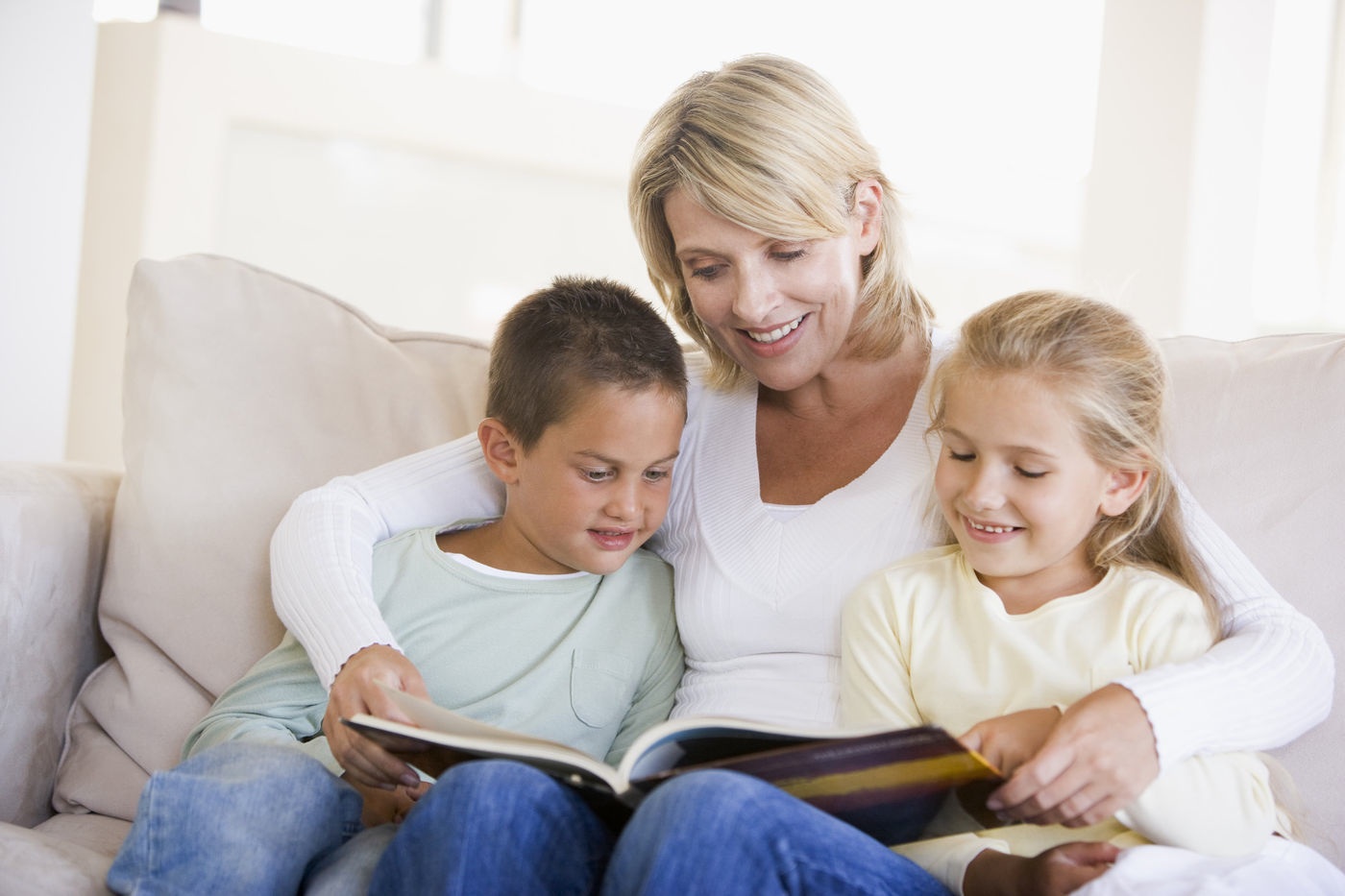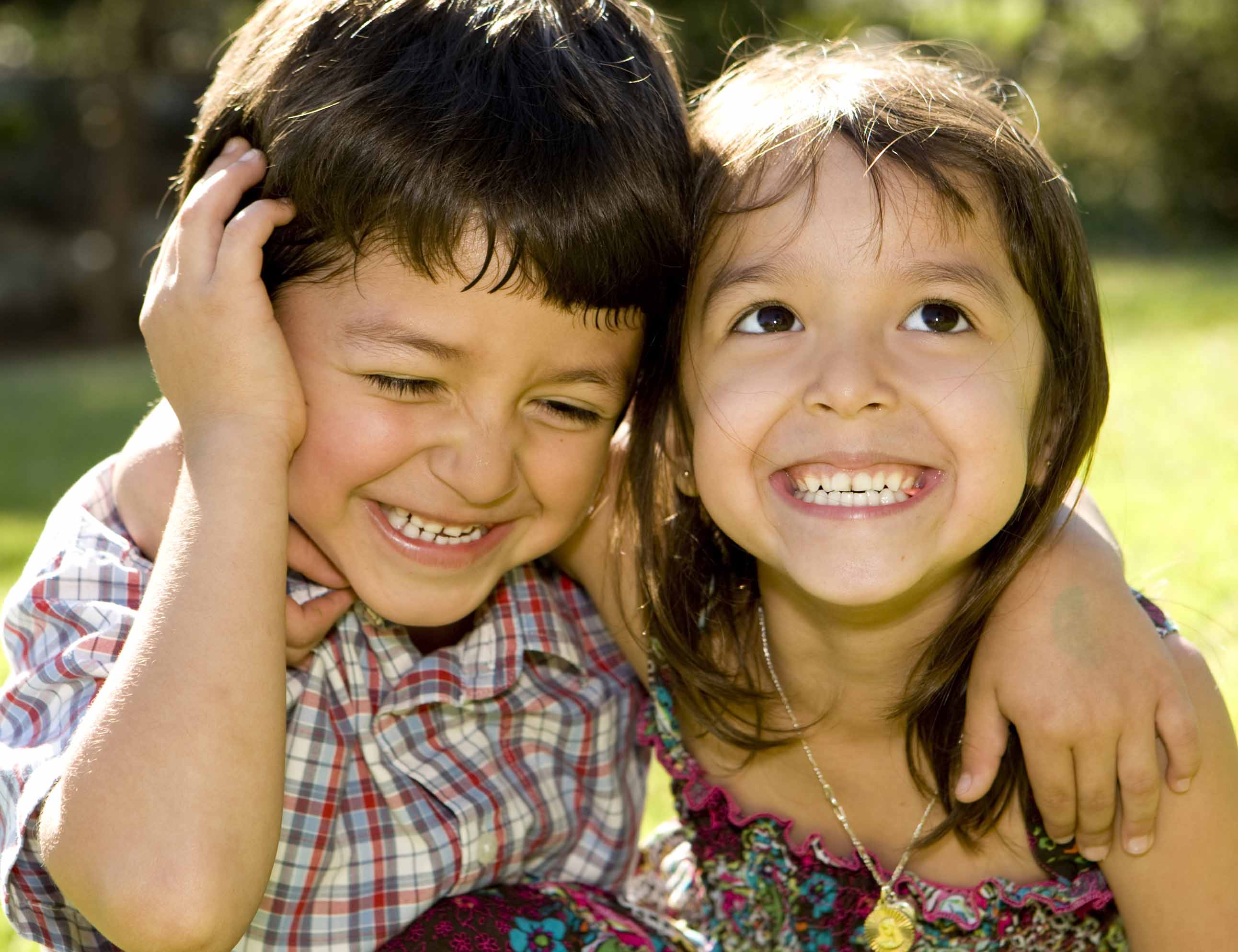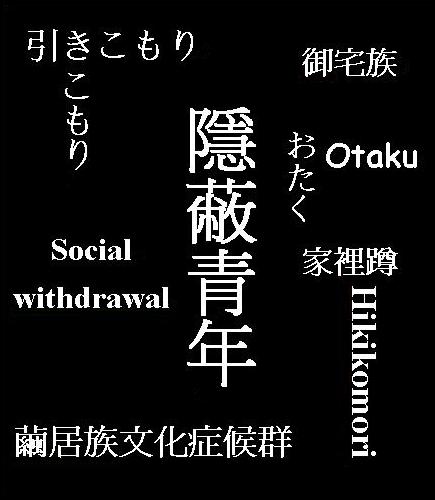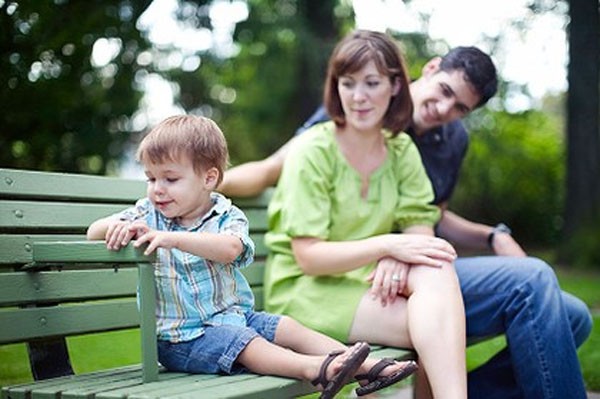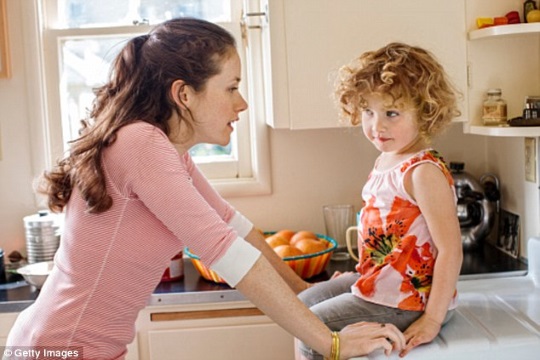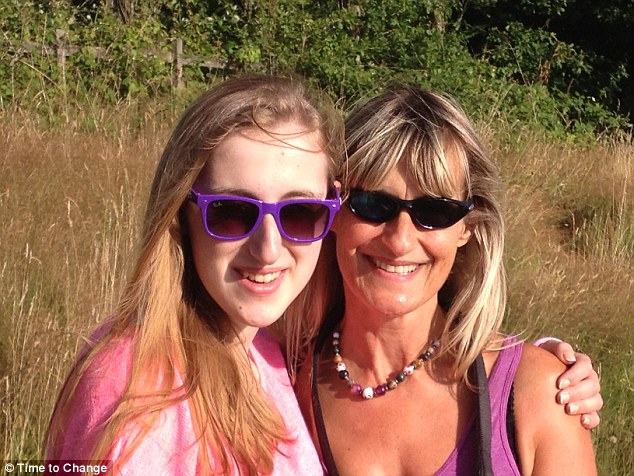How to Help Young Siblings Bond
Sometimes younger siblings don't play nicely with their older brothers and sisters. Here are some expert strategies to help them get along better.
One of my dreams has been for my kids to become great friends with each other -- and it seemed to be coming true at first. When Lena was 3 1/2, she loved entertaining her baby sister, and Annika was enamored of Lena's every move. But when Annika turned into an assertive, destructive 1-year-old, things became more complicated. Though there were times I'd find them giggling together, Annika would also regularly swipe toys, topple Lena's coveted princess figurines, and crowd her space. I wished I could wave a magic wand and make the discord disappear. It turns out that there is a lot parents can do to foster positive play, even when one child is an impulsive toddler. "A child as young as age 2 can start to learn the concept of respecting people's feelings, listening to each other, and working toward solutions," says Adele Faber, coauthor of Siblings Without Rivalry. Follow these guidelines to help your kid get along better with her big sib. Instill Manners While many parents are inclined to excuse their toddler for not knowing how to act properly, this approach often backfires. "It causes a younger child to believe she has free rein and makes an older child resentful," says Lisa Hanson, coauthor of The Siblings' Busy Book. Rather than overlooking bad behavior, guide your child toward taking turns and model how to be considerate and polite. Gently remind her not to grab toys, and promote patience by saying things like, "Your sister is playing with the blocks right now, but if you stay calm she'll let you have them when she's done." Even if your toddler doesn't fully grasp your words, she'll pick up on the tone.
Foster Teamwork Since siblings often see themselves as adversaries competing for your affection, put them in situations where they can become partners. "Anything that makes a toddler feel included and an older sibling feel protective helps build their bond," says Faber. When your toddler needs help putting on his sneakers, direct him to his older brother ("Ask Johnny -- he's really good at getting shoes on"). This encourages your toddler to trust his big sib, who in turn feels capable and important. Another unifying tactic: See if your kids can clean up their toys together before the kitchen timer goes off. Cheer them on as they work, and let them know they make a great team.
Don't Aim for Equality Just because you want to be fair to your kids doesn't mean you should treat them exactly the same. A toddler and an older sibling have different developmental abilities, needs, and wants, says Jan Drucker, Ph.D., a professor of psychology and a member of the Child Development Institute at Sarah Lawrence College, in Bronxville, New York. Resist the urge to let your toddler ride her big sibling's scooter or stay up past her bedtime because she might miss out on the fun. Instead, set up one-on-one story time while her sister is at school so she feels special too. Respect Possessions Forcing your toddler to share his favorite things can undermine his feelings of security and cause him to resent his sibling. "It's crucial that kids have some things that are off-limits, especially to older brothers or sisters," says Anastasia Gavalas, author of Wing It: 6 Simple Steps to Succeed as a Modern Day Parent. You might arrange for each child to fill a basket of toys that are "just his," or set up separate play areas. Your toddler already has to share your attention (and lots of other things) with his sibling. Giving him some control will help him feel more confident -- and less competitive.
Let the Games Begin Find activities that your toddler and an older sibling can enjoy together. One of Hanson's favorites is the "camp in." Let your little one use blocks to make a pretend campfire while your big kid sets up a makeshift fort using blankets and pillows. Or you can have your older child pretend to be a librarian who checks out books while her little "customer" loads and unloads the bag. A toddler might also enjoy being the patient to her older sibling's doctor. "Even if she doesn't understand the scenario entirely, she'll enjoy the attention," says Dr. Drucker. Supervise these play sessions to make sure that the atmosphere stays friendly, and be ready to resolve conflicts and redirect play. That said, give your kids a chance to figure things out on their own first, as their interactions will lay the foundation for a deep and lasting relationship.
Retrieved From: http://www.parents.com/toddlers-preschoolers/development/social/helping-siblings-bond/
|
|





